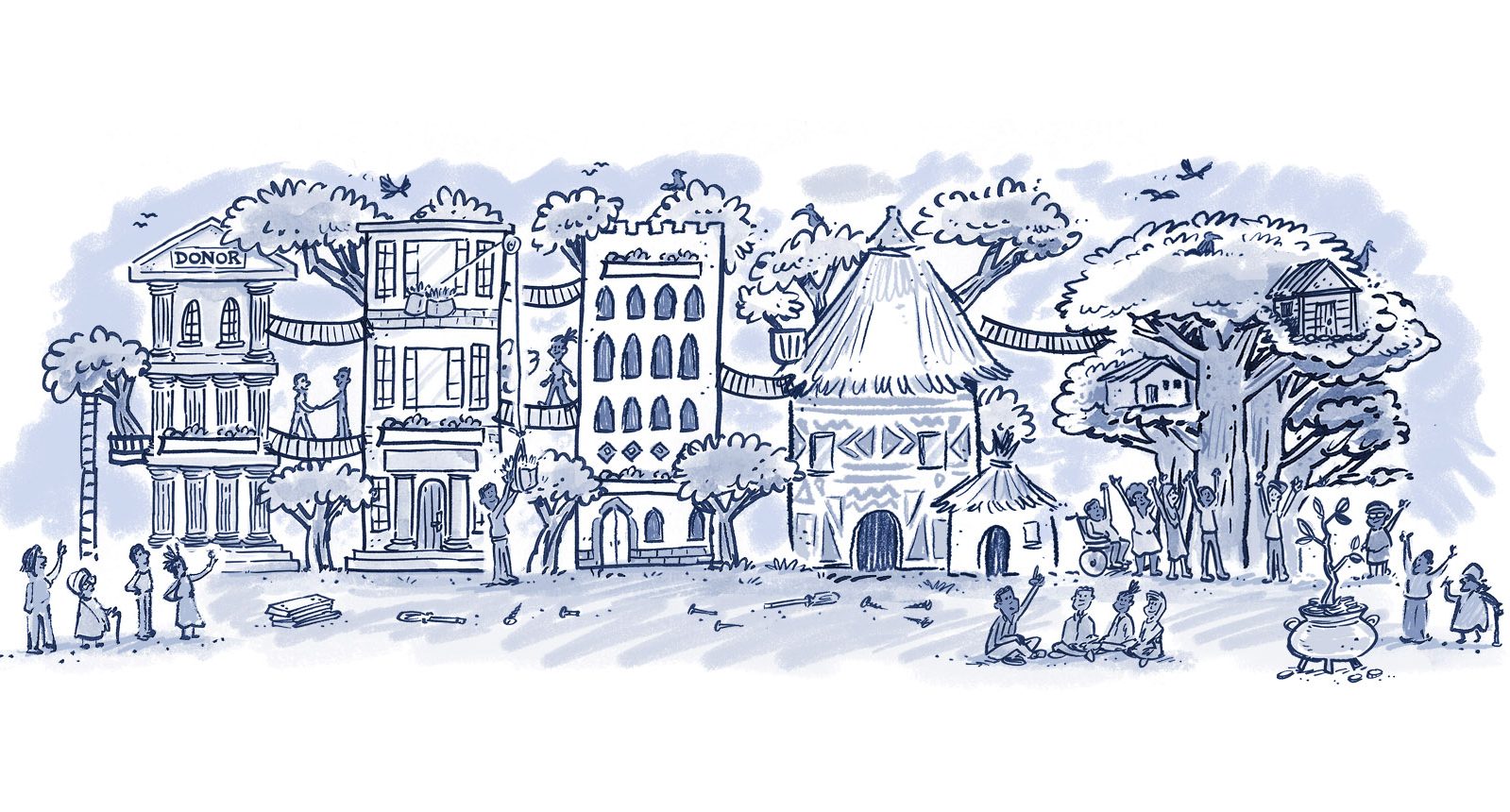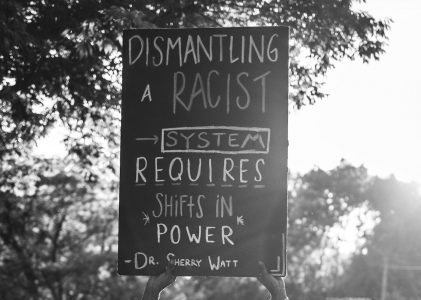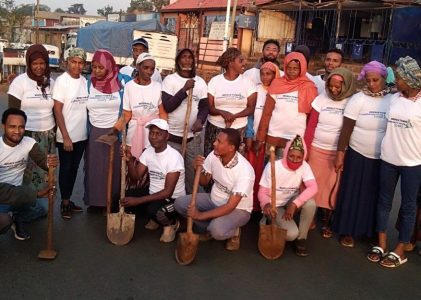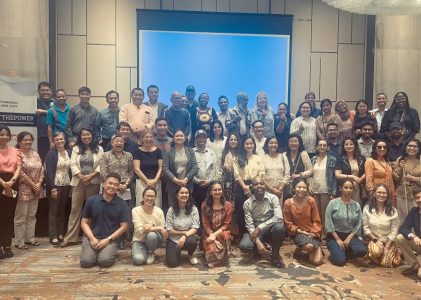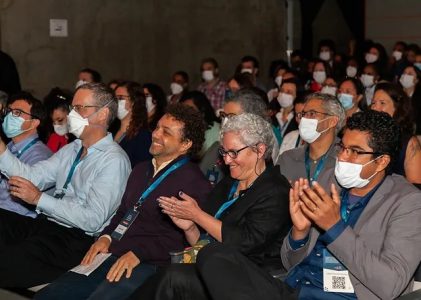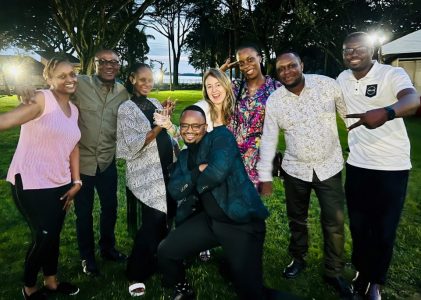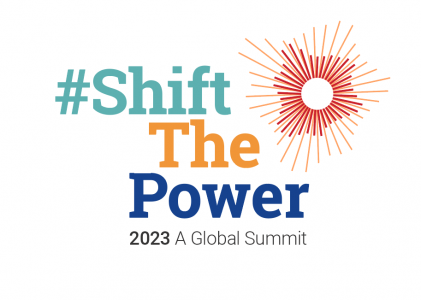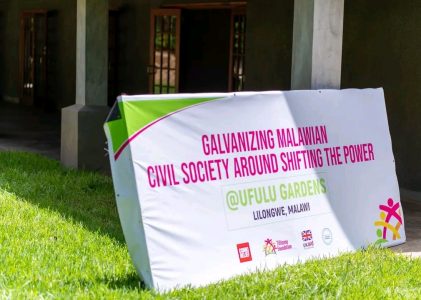Looking in the mirror: Personal reflections on decolonizing aid
As we undertook this work, we came to appreciate the depth of our personal conditioning as well as that of the staff, leadership, and organisations that engaged in these conversations. We became more aware of the extent to which our own personal perspectives and those of others involved in the discussions have been shaped by existing norms and practices of aid.
